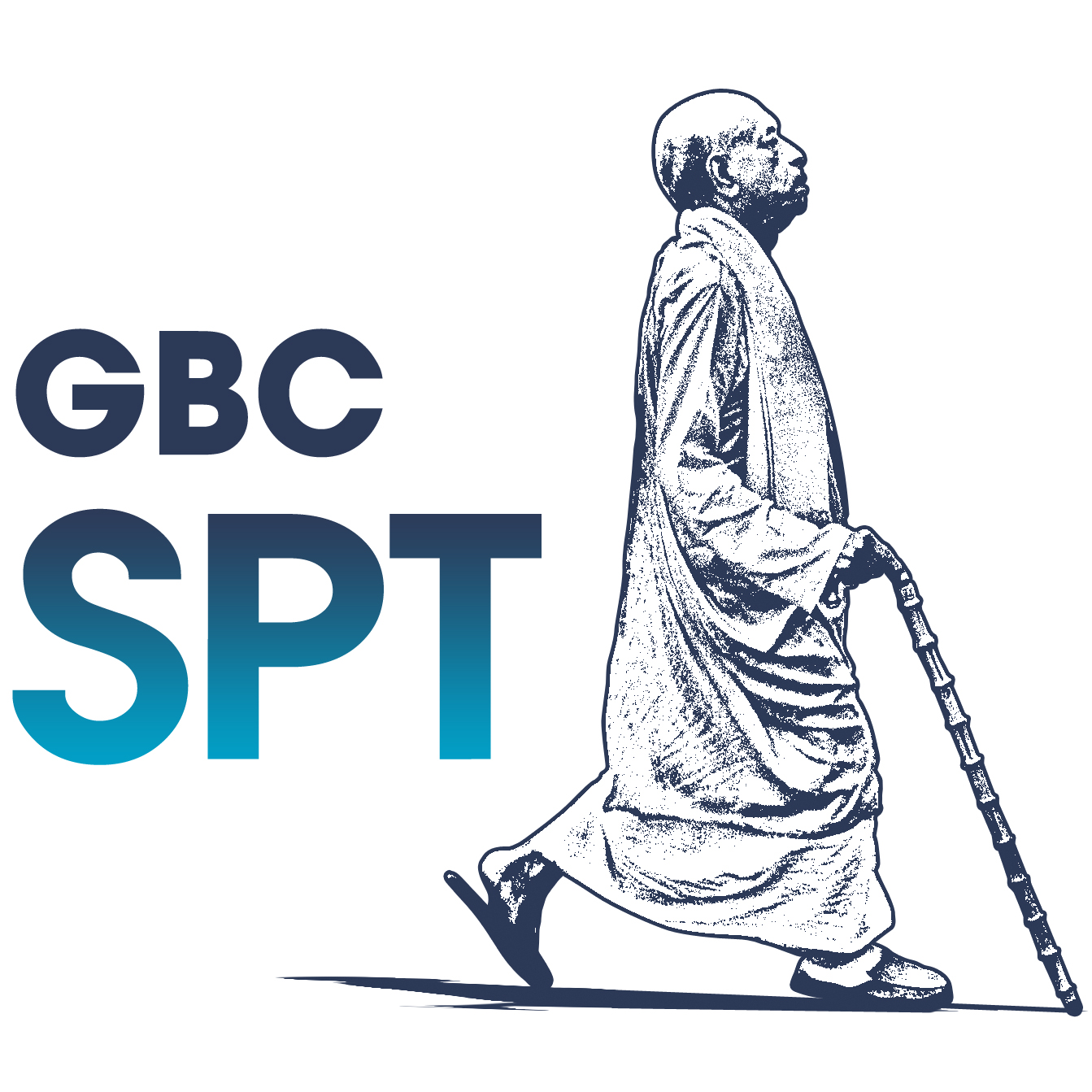Think of the achievement. Within a month of the emergence of SARS-CoV-2 — the coronavirus that causes Covid-19 — its genome was sequenced. Three months later, the first vaccine candidates were being injected into human volunteers in clinical trials.
Now, less than 12 months after the first case was identified in Wuhan, China, the US is slated to initiate the largest mass-vaccination program in its history. Few achievements in modern science rival the speed and the audacity of the coronavirus vaccine program. With the Pfizer/BioNTech vaccine’s imminent emergency use authorization from the US Food and Drug Administration, it feels as though the long dark of the pandemic — which has claimed over 283,000 American lives and more than 1.5 million worldwide — will soon be relegated to the litany of global tragedies, a thing of the past.
As a physician, clinical researcher, and epidemiologist, I am thrilled with the vaccine data so far. The 95 percent efficacy of the Pfizer/BioNTech and Moderna mRNA vaccines is unprecedented and better than any of us hoped for.
But we need to be careful. We need to temper our enthusiasm with the acknowledgment that the vaccine is a weapon we may not be fully prepared to wield.
A lot can still go wrong.




